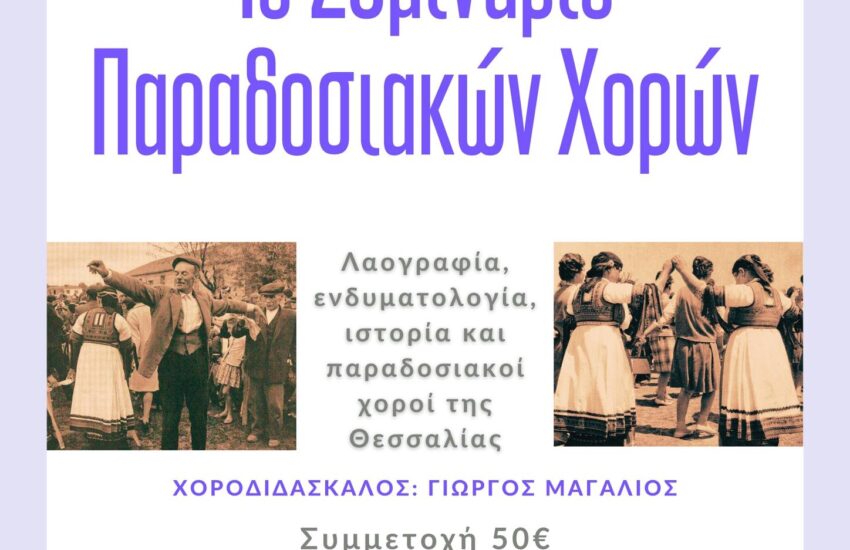OSCE: 22nd Central Asia Media Conference
Participants of annual Central Asia Media Conference highlight need to uphold OSCE media freedom commitments while countering ‘harmful content’
The 22nd Central Asia Media Conference, organized online by the Office of the OSCE Representative on Freedom of the Media (RFoM), concluded at 9 October 2020. Over the course of the three-day conference, around 150 journalists, representatives of NGOs, academia, international experts, and government agencies from Kazakhstan, Kyrgyzstan, Tajikistan, Turkmenistan, Uzbekistan as well as Mongolia, discussed a broad range of issues related to freedom of the media and freedom of information in the region, with a special focus on the impact of the COVID-19 pandemic.
The conference this year focused on “Strengthening Media Diversity and Pluralism in Central Asia”, and consisted of three plenary sessions. The first session addressed recent steps taken by governments and social media platforms in regulating so-called ‘harmful content’, and responses by media rights organizations and editorial houses to these steps. Participants, together with regional and international experts, discussed ways to counter disinformation, hate speech and other forms of what is broadly referred to as ‘harmful content’ offline and online, while upholding human rights, freedom of the media commitments and the rule of law. Opportunities and challenges brought on by the use of Artificial Intelligence and various automated systems when countering online hate speech were also discussed.
The second session focused on promoting diversity in the mainstream media. In particular, the session addressed the importance of ensuring balanced and representational reporting on societal matters, without racial or ethnic bias. At the third session, civil society and government representatives from Central Asia and Mongolia presented an overview of media freedom developments in their respective countries over the past year. They focused especially on the challenges arising from the COVID-19 pandemic, including current legislation and policies, which might have a chilling effect on freedom of the media.
“The COVID-19 pandemic has hit the media hard and has had a grave impact on the freedom to report. It is paramount to ensure the free flow of reliable information while fighting disinformation,” said Jürgen Heissel, Director of the Office of the OSCE RFoM. “Let us remember that international law provides guidance for the delicate balance between States’ obligations to protect their citizens against unlawful and ‘harmful content’, such as hate speech or incitement to terrorism on the one hand, and freedom of expression and free media on the other hand,” he added.


